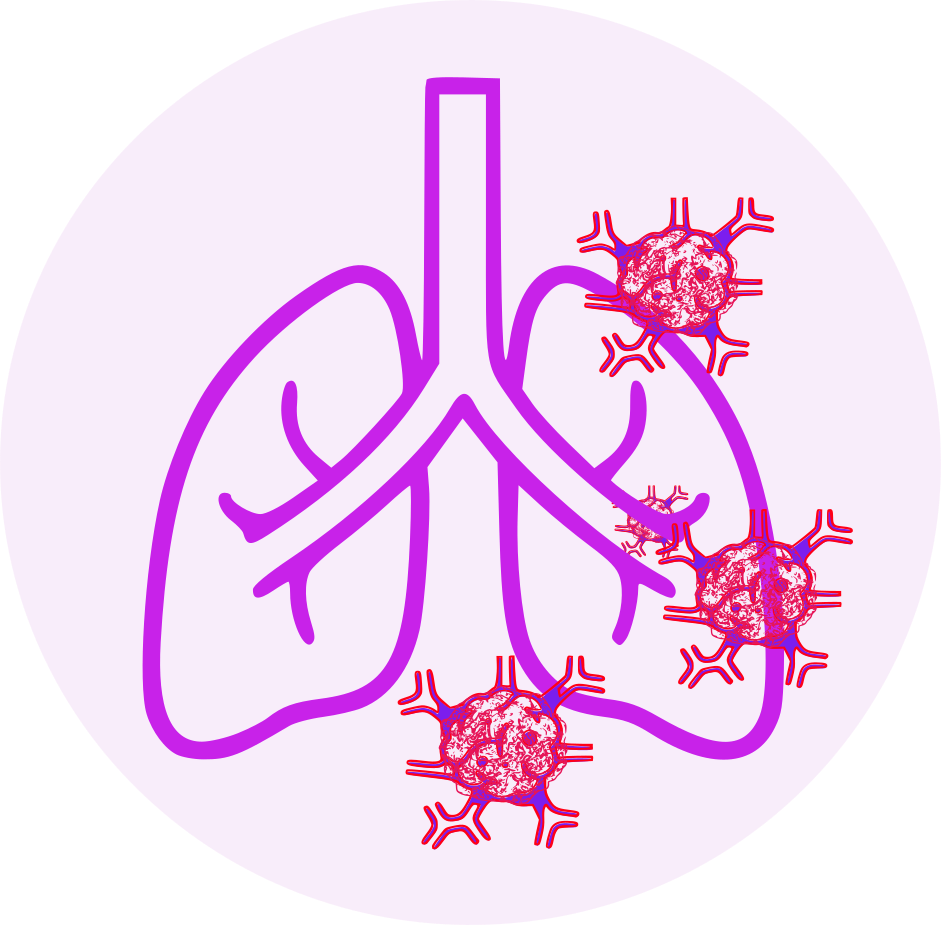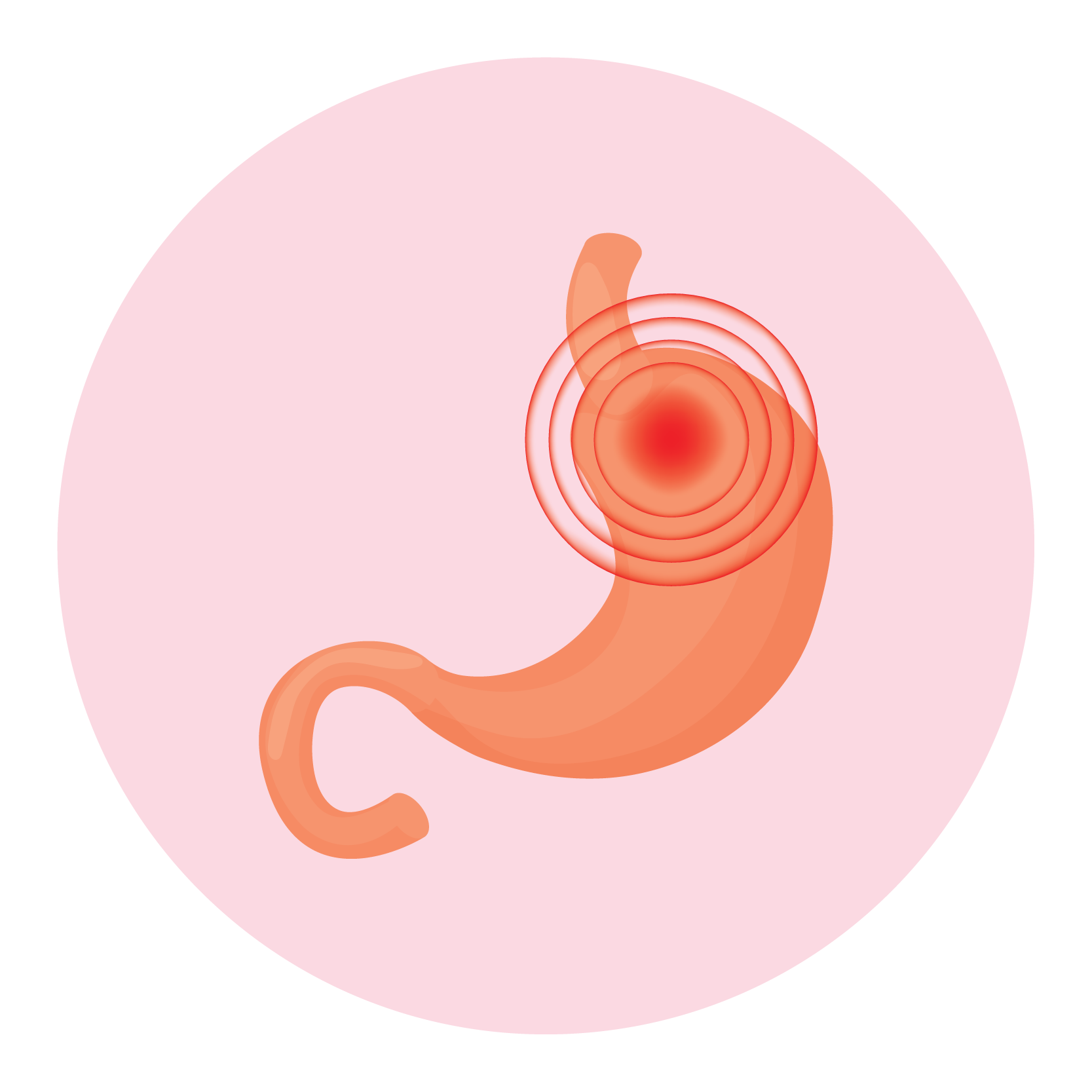| Name | Gefitinib |
| Classes |
Anticancer/Antineoplastic Agent EGFR Inhibitor |
| Diseases |
Cancer Non Small Cell Lung Cancer (NSCLC) |
Gefitinib
Gefitinib is an antineoplastic drug. It is a tyrosine kinase inhibitor. Both healthy and cancerous cells express the epidermal growth factor receptor (EGFR), which participates in the processes of cell development and proliferation. It has been determined that some EGFR activating mutations in NSCLC cells (exon 19 deletion or exon 21 point mutation L858R) promote tumor cell proliferation, prevent apoptosis, increase the production of angiogenic factors, and facilitate metastasis. Gefitinib blocks EGFR-dependent proliferation by reversibly suppressing the kinase activity of the receptor's wild-type and some activating mutations. This is done by preventing the receptor's associated tyrosine residues from becoming auto phosphorylated.
Gefitinib is a tyrosine kinase inhibitor indicated for the first-line treatment of patients with metastatic non-small cell lung cancer (NSCLC) whose tumors have epidermal growth factor receptor (EGFR) exon 19 deletions or exon 21 (L858R) substitution mutations as detected by an FDA-approved test.
Recommended dose is 250 mg orally, once daily with or without food.
Administration to Patients Who Have Difficulty Swallowing Solids: Drop an IRESSA tablet into 4 to 8 ounces of water, swirl, and let stand for about 15 minutes. The fluids should be consumed right away or administered through a naso-gastric tube. Drink the liquid right away or administer it through the naso-gastric tube after rinsing the container with 4 to 8 ounces of water.
- Interstitial lung disease (ILD): ILD occurred in patients taking Gefitinib. Withhold Gefitinib for worsening of respiratory symptoms. Discontinue Gefitinib if ILD is confirmed.
- Hepatotoxicity: Obtain periodic liver function testing. Withhold Gefitinib for Grade 2 or higher for ALT and/or AST elevations. Discontinue for severe hepatic impairment.
- Gastrointestinal perforation: Discontinue Gefitinib for gastrointestinal perforation.
- Diarrhea: Withhold Gefitinib for Grade 3 or higher diarrhea.
- Ocular Disorders including Keratitis: Withhold Gefitinib for signs and symptoms of severe or worsening ocular disorders including keratitis. Discontinue for persistent ulcerative keratitis.
- Bullous and Exfoliative Skin Disorders: Withhold Gefitinib for Grade 3 or higher skin reactions or exfoliative conditions.
- Embryo-fetal Toxicity: Can cause fetal harm. Advise of potential risk to a fetus and use of effective contraception.
Contraindication
None known.
None known.
None known.
 Bangla
Bangla English
English





